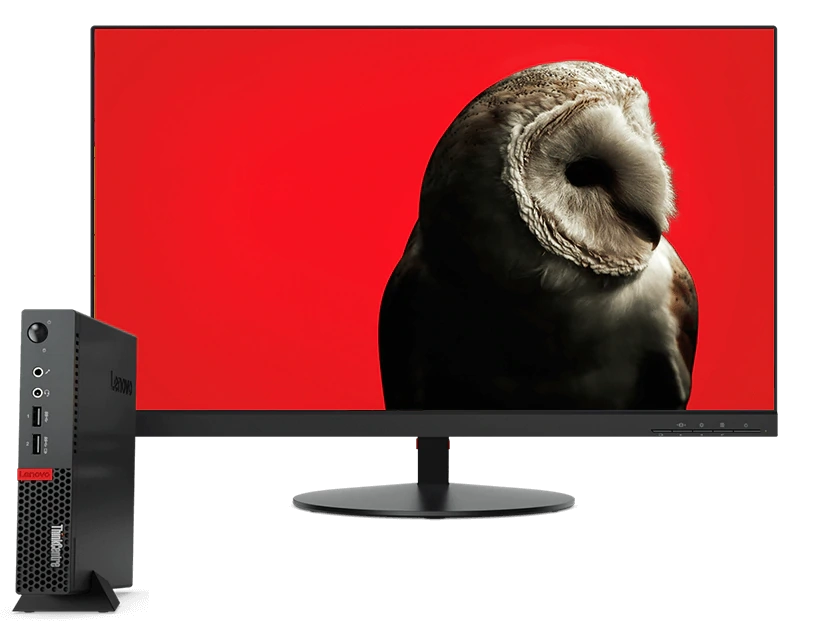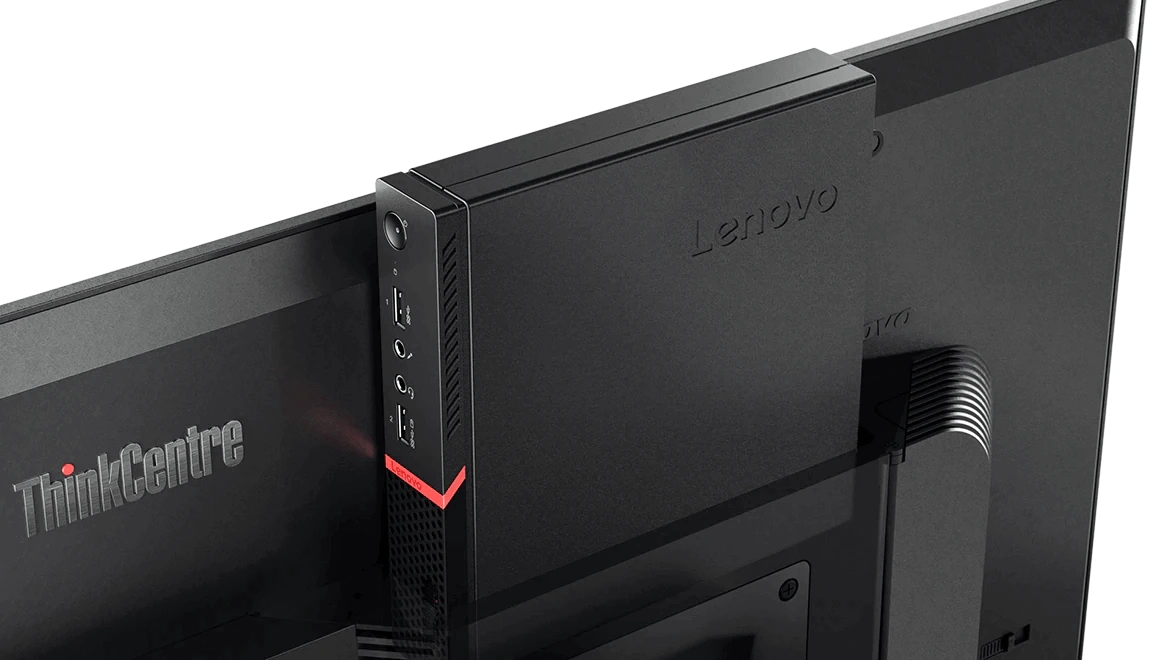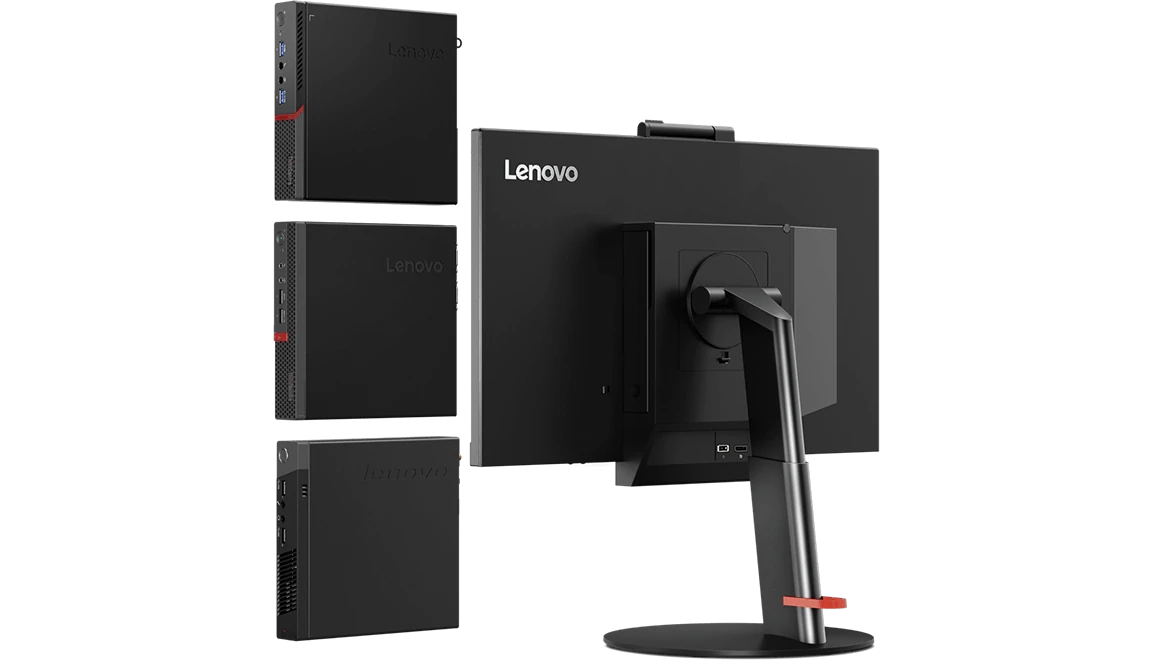
Compact yet full-featured desktops
Tiny in name but not in nature, M Series Tiny desktops deliver big-business performance with impressive processing power and platform stability. both durable and energy efficient, they require very little space, too.
View M Tiny Series Desktops

Available Soon








